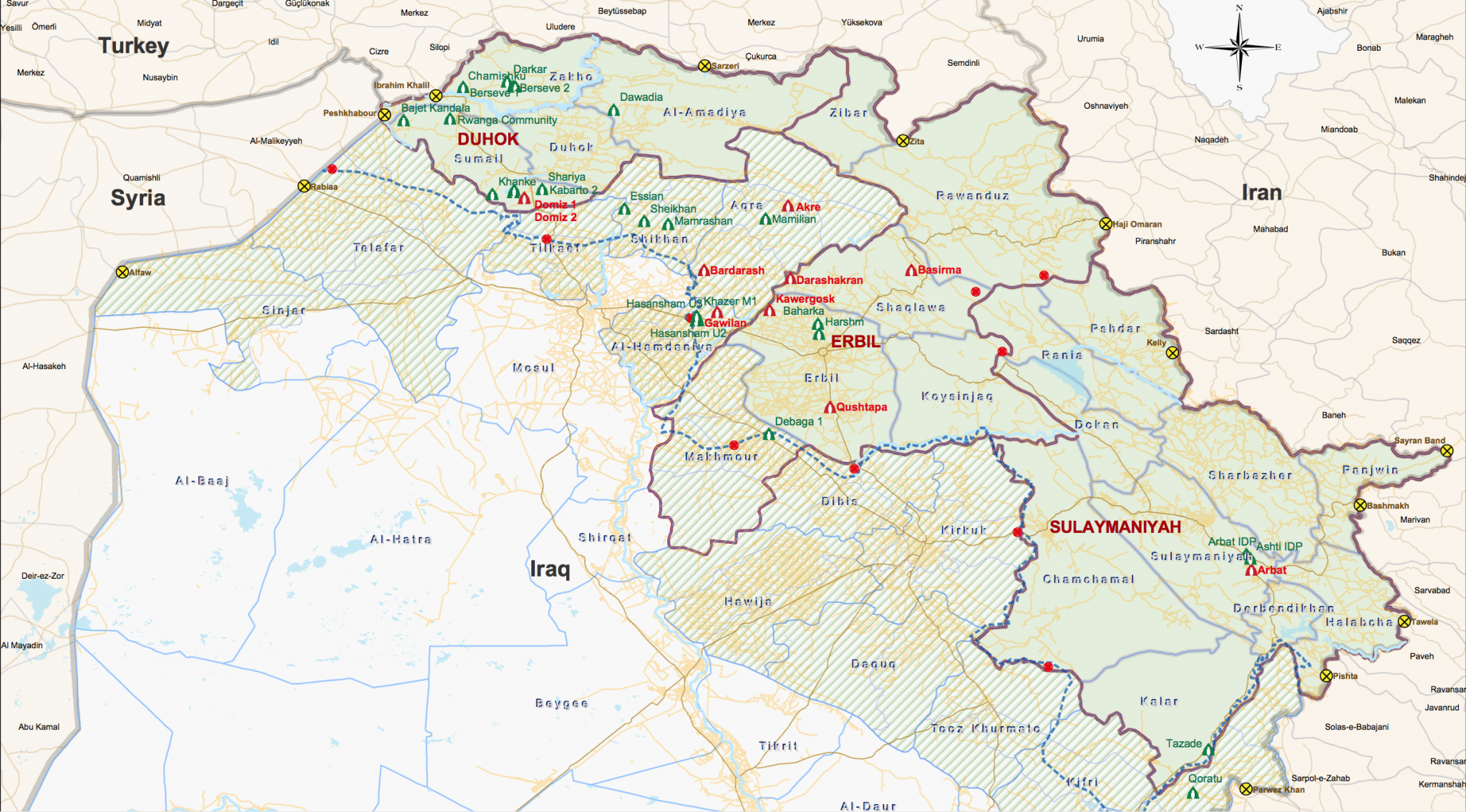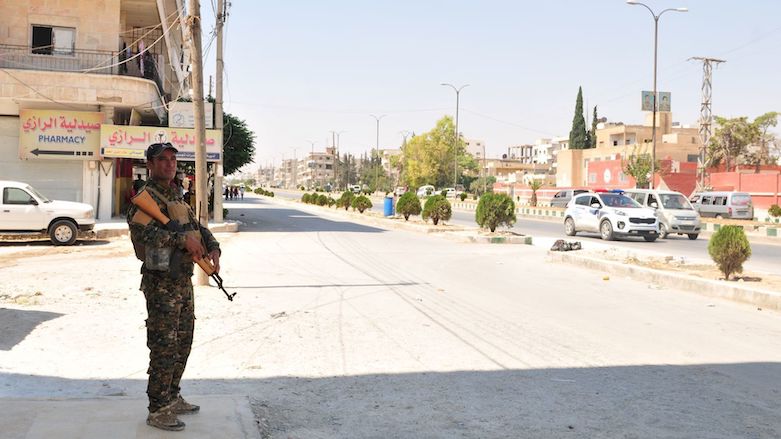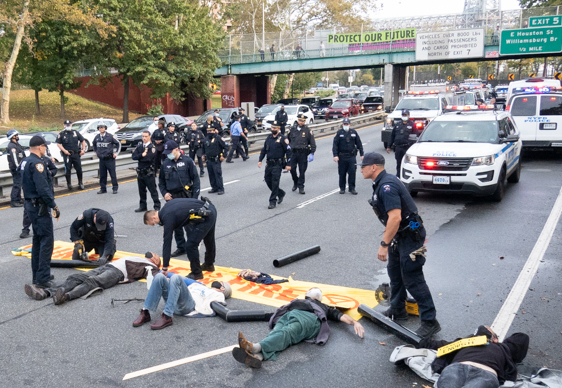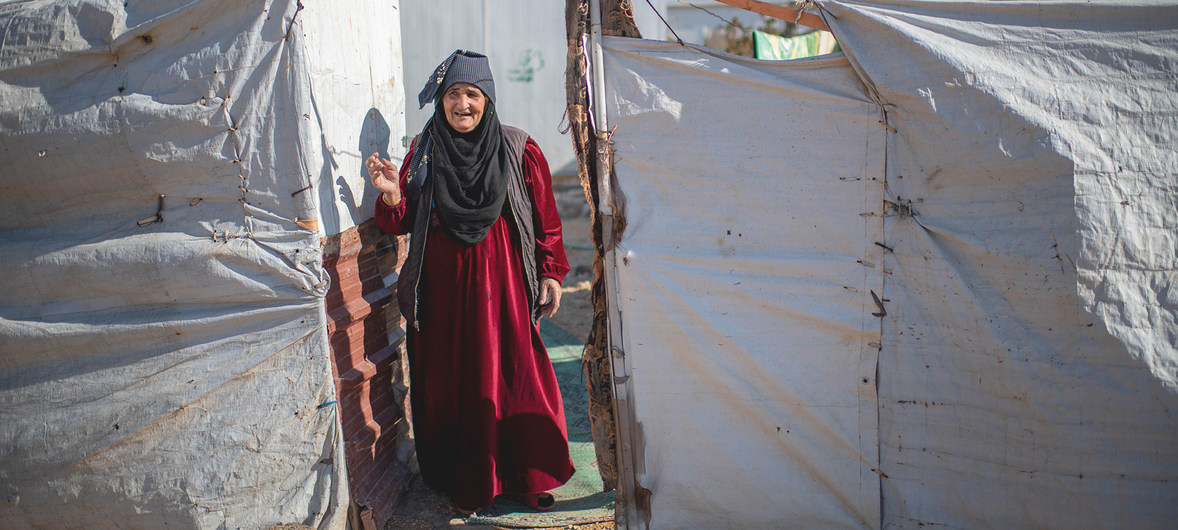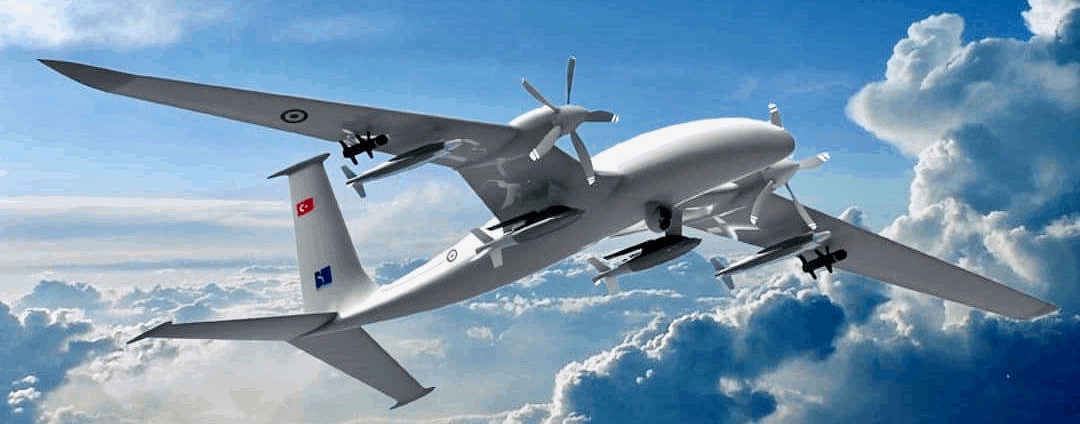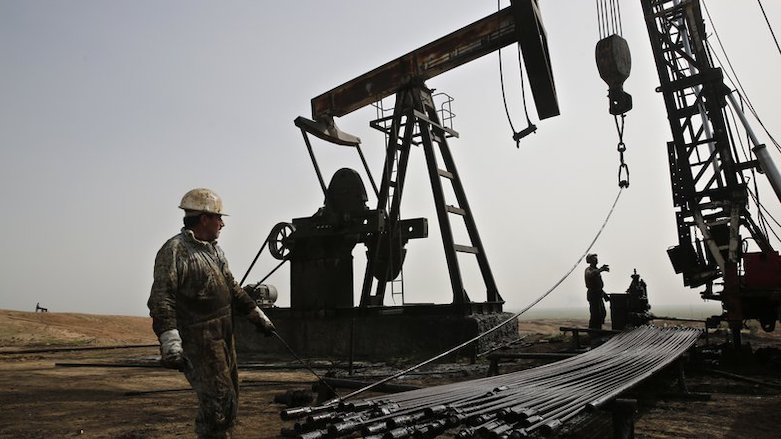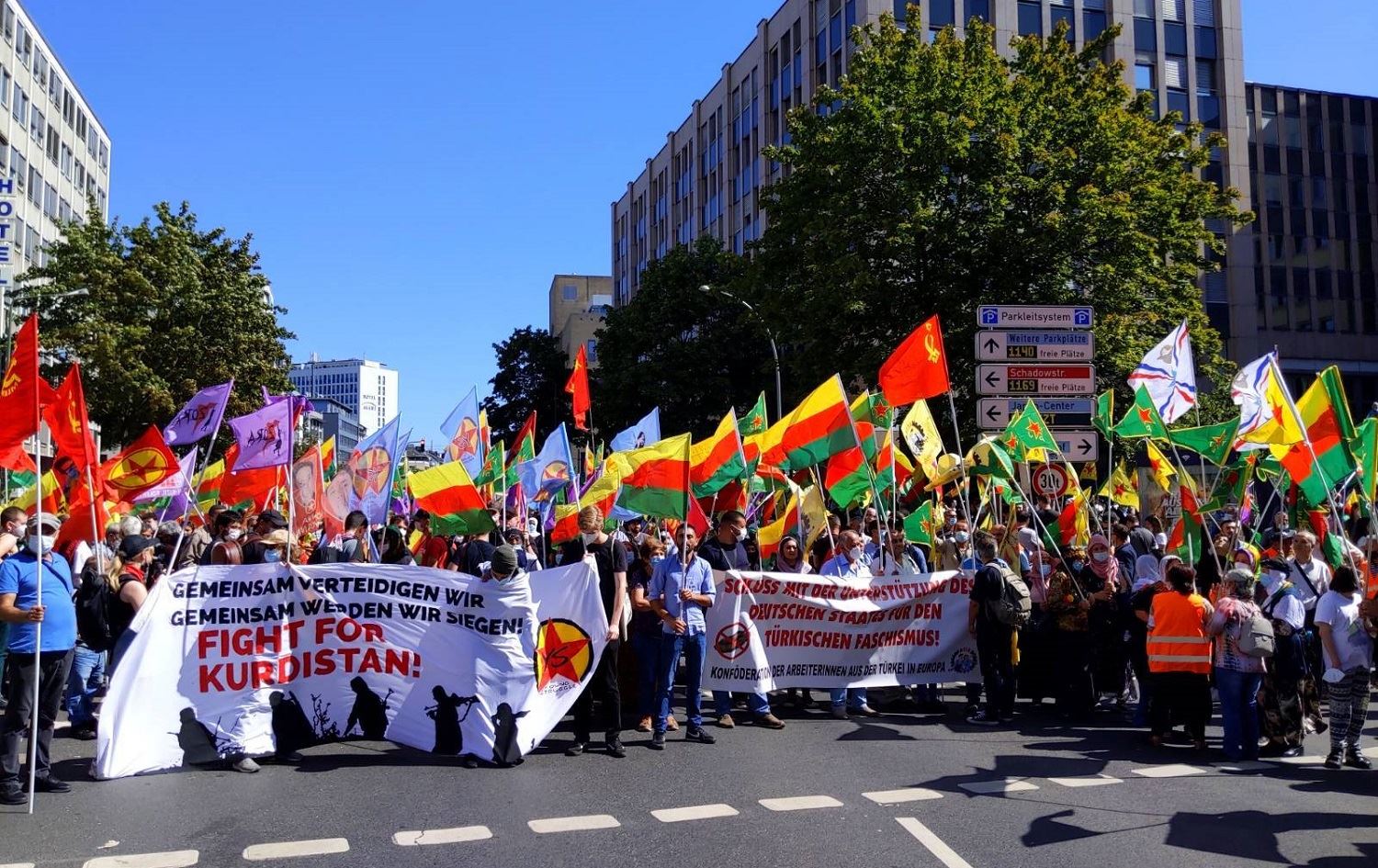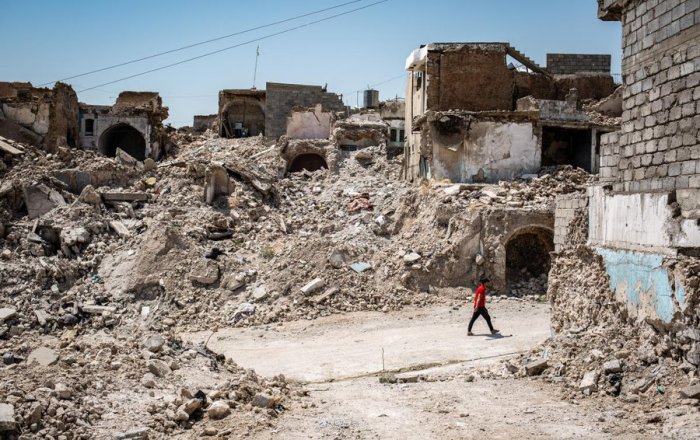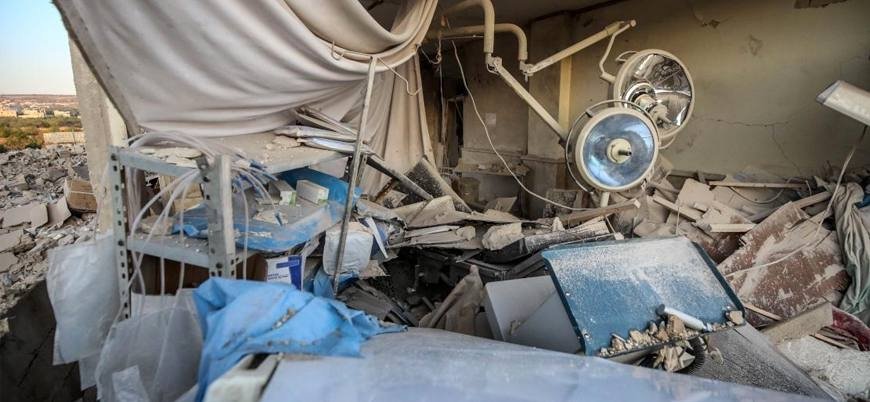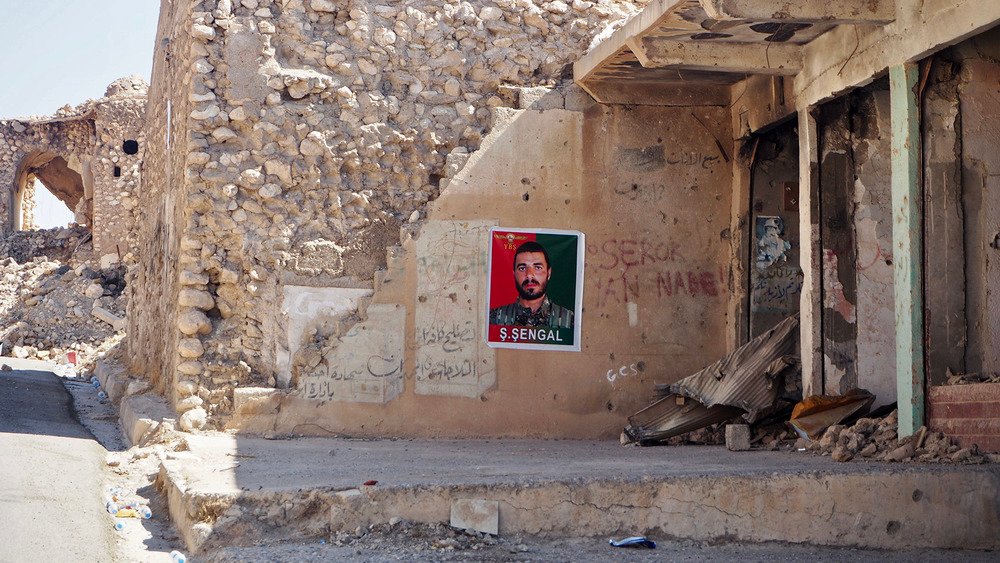
Iraq: thousands displaced in new battle for Sinjar
Clashes between the Iraqi military and a local Yazidi militia have forced more than 3,000 people to flee the northern town of Sinjar. Fighting erupted when the military launched an operation to clear the area of the Sinjar Resistance Units (YBS), a militia with ties to the Kurdistan Workers Party (PKK). Many of those displaced are Yazidis who survived the 2014 Islamic State genocide against the ethnicity. They are now distributed in camps across Iraq’s Kurdish region. In 2020, Baghdad and the Kurdistan Regional Government (KRG) signed a pact to restore their joint control to the autonomous Yazidi enclave, known as Ezidikhan. The deal has not been implemented until now, despite growing pressure from Turkey, which has carried out intermittent air-strikes on the Sinjar area. (Photo: A poster commemorating a slain YBS fighter on a bombed-out building in Sinjar. Credit: TNH)



